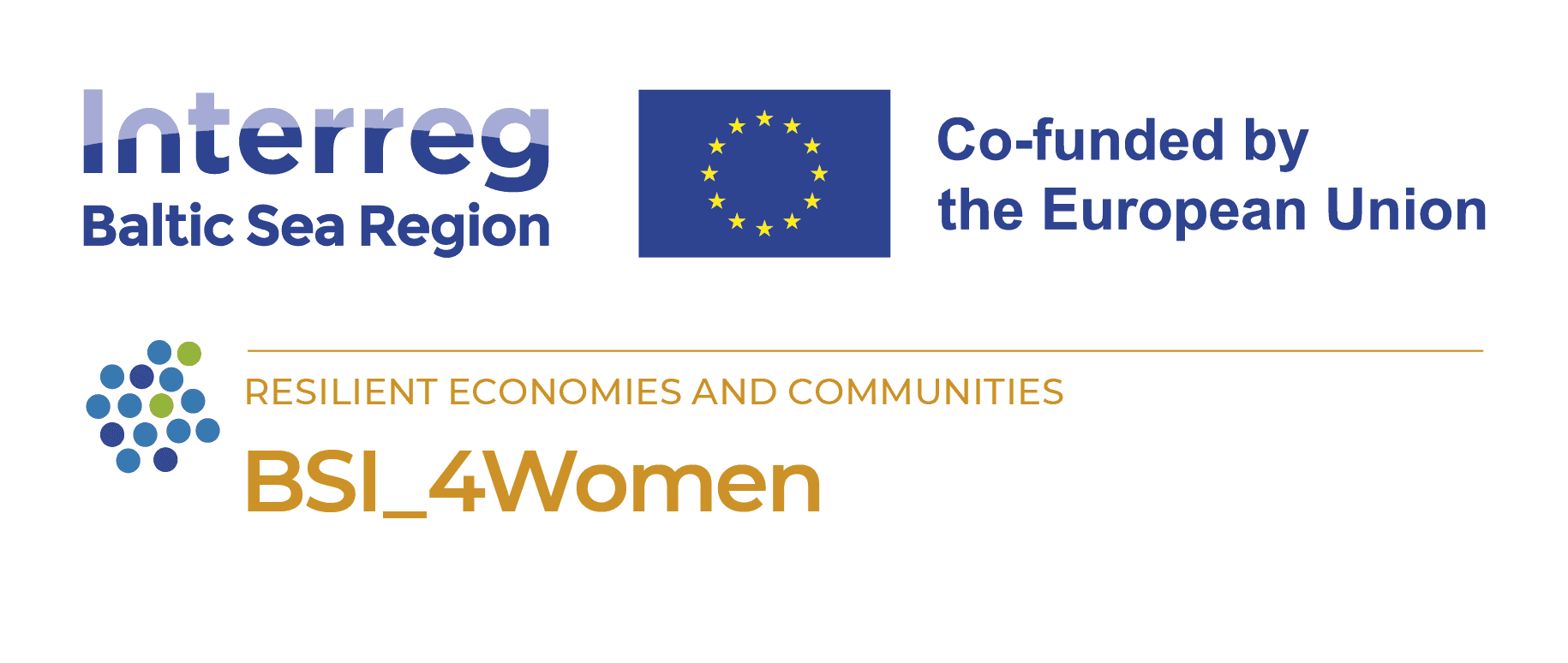
Overcoming Challenges Faced by Refugee Women in Latvia
18 April 2024
Challenges Faced by Refugee Women in Latvia
Refugee women in Latvia, like those in many parts of the world, face a unique set of challenges that can significantly impact their ability to integrate and thrive in their new environment. Understanding these challenges is crucial for developing effective support and integration programs. Here are some of the key obstacles they face:
One of the most immediate and significant hurdles for refugee women in Latvia is the language barrier. Latvian and Russian are the predominant languages spoken in the country, and not being able to communicate in these languages can severely limit access to services, education, and employment opportunities. Language barriers not only hinder daily interactions but also contribute to broader issues of integration and personal autonomy. Employment is a critical factor for integration and economic independence, yet refugee women often face considerable obstacles in entering the job market. These include not only the aforementioned language barriers and cultural differences but also legal restrictions on employment for refugees and biases among employers. Furthermore, the qualifications and professional experiences from their home countries often are not recognized in Latvia, requiring them to undergo retraining or accept lower-skilled jobs, which can be both demoralizing and economically unsatisfying.
To mitigate these challenges, comprehensive programs that include language training, cultural orientation, employment support, and mental health services are essential. Programs tailored specifically for women can help address the unique challenges they face and support them in becoming active, integrated members of society. By understanding and addressing these hurdles, stakeholders can better support refugee women in overcoming them and building new lives in Latvia.
Opportunities Through Entrepreneurship for Refugee Women in Latvia
Entrepreneurship offers a pathway to empowerment and integration for refugee women in Latvia, providing them with the chance to build independence, gain financial security, and connect with their new community. For many refugee women, starting a business is more than a means of livelihood; it’s a step towards economic independence. Entrepreneurship allows them to leverage their skills and passions in a market that may otherwise be inaccessible due to educational or certification barriers. By establishing businesses, these women can provide for their families, contribute to the economy, and regain control over their financial destinies. Entrepreneurship also plays a significant role in the social integration of refugee women. Business ownership necessitates interaction with customers, suppliers, and other business owners, thereby providing natural opportunities for linguistic and cultural assimilation. Moreover, these interactions can help break down stereotypes and foster a sense of belonging and community acceptance.
Refugee-run businesses often hire from within their communities, providing employment opportunities to other refugees who might struggle to find jobs elsewhere. These businesses can become essential parts of their local economies, contributing to the broader economic fabric with unique products and services. For example, a group of refugee women in Jelgava started a cooperative to produce artisanal crafts. The cooperative not only improved their livelihoods but also enriched the cultural diversity of the local artisan market. Recognizing these benefits, several Latvian NGOs and government programs have begun to offer specific support for refugee entrepreneurs, including business training, microloans, and mentoring. These initiatives aim to lower the barriers to business creation and sustainability, ensuring that women have the necessary tools and knowledge to succeed.
Entrepreneurship offers significant opportunities for refugee women in Latvia, providing essential pathways for economic independence, social integration, and community contribution. By supporting these entrepreneurial endeavors, society can benefit from the diverse cultural and economic contributions that these women bring to their new home.
The journey of refugee women in Latvia towards integration and empowerment underscores the critical need for ongoing support and specifically tailored programs. The positive impacts of such initiatives extend far beyond the individual lives of these women, influencing the broader fabric of Latvian society in profound and lasting ways.
For refugee women, access to tailored support programs means more than just survival—it signifies a pathway to dignity, independence, and self-sufficiency. By learning the language, understanding cultural nuances, and gaining entrepreneurial skills, these women can transcend their circumstances. They become not just participants but contributors to the economy and culture, crafting new identities that merge their heritage with their present realities in Latvia. The integration of refugee women through entrepreneurship and community involvement fosters more inclusive and resilient communities. When these women thrive, they bring unique perspectives and innovations that enrich the local markets and social fabric. Their success stories become beacons of hope and models of integration, encouraging openness and acceptance across diverse societal segments.
Economically, the active participation of refugee women in the labor market and as business owners contributes to the national economy. Their enterprises create jobs, stimulate local development, and increase tax revenues. By turning potential social dependents into economic contributors, Latvia not only enhances its economic landscape but also alleviates the financial burdens often associated with refugee integration. Culturally, the presence and success of refugee women add to the richness of Latvia’s multicultural identity. Through cultural exchange and interaction, both refugees and native Latvians gain a deeper appreciation and respect for each other’s traditions and values. This cultural enrichment helps to dispel myths and misconceptions, fostering a more harmonious and integrated society.
The importance of sustained support for refugee women cannot be overstated. Continual investment in tailored programs and initiatives ensures that the needs of these women are met as they evolve. It also solidifies the foundation for a society that values diversity, supports equality, and promotes the welfare of all its members.
In conclusion, supporting refugee women in Latvia is not just a humanitarian act; it is a strategic investment in the nation’s future. The continued development and implementation of programs tailored to their needs will ensure that these women can fully realize their potential, contributing to a vibrant, inclusive, and prosperous Latvia.





